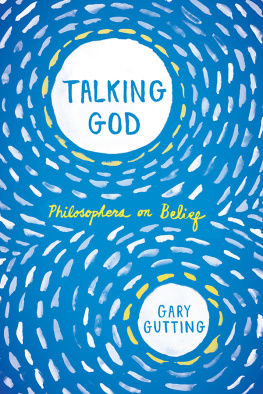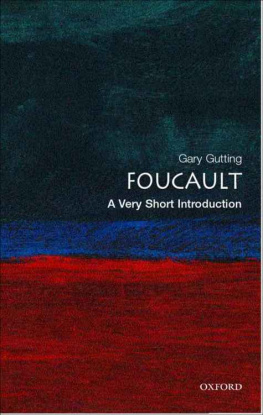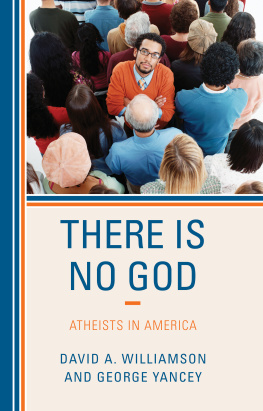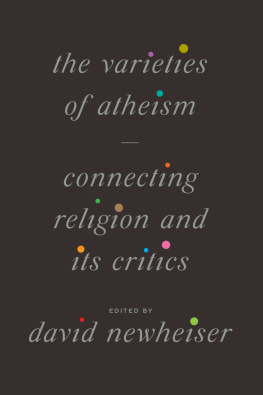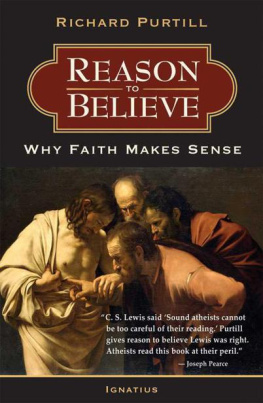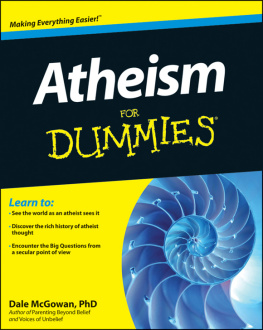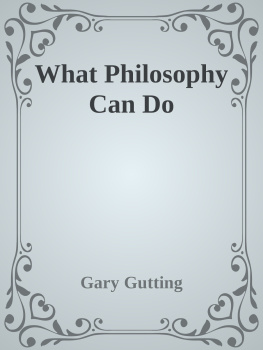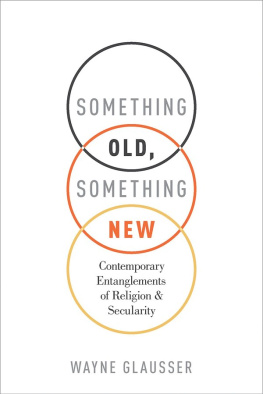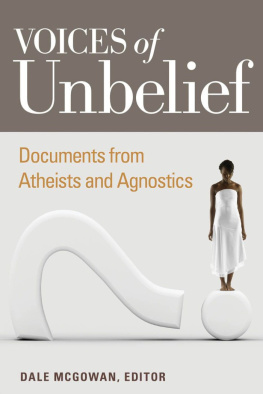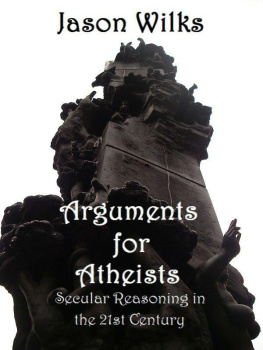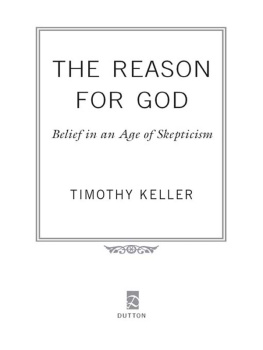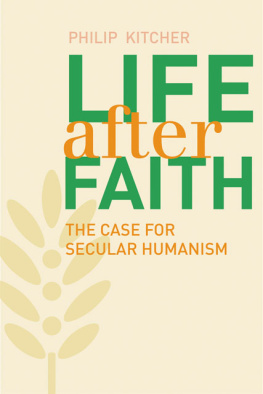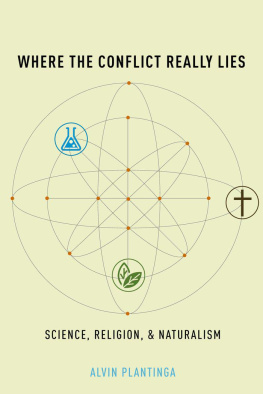Gary Gutting - Talking God: Philosophers on Belief
Here you can read online Gary Gutting - Talking God: Philosophers on Belief full text of the book (entire story) in english for free. Download pdf and epub, get meaning, cover and reviews about this ebook. year: 2016, publisher: W. W. Norton & Company, genre: Religion. Description of the work, (preface) as well as reviews are available. Best literature library LitArk.com created for fans of good reading and offers a wide selection of genres:
Romance novel
Science fiction
Adventure
Detective
Science
History
Home and family
Prose
Art
Politics
Computer
Non-fiction
Religion
Business
Children
Humor
Choose a favorite category and find really read worthwhile books. Enjoy immersion in the world of imagination, feel the emotions of the characters or learn something new for yourself, make an fascinating discovery.
- Book:Talking God: Philosophers on Belief
- Author:
- Publisher:W. W. Norton & Company
- Genre:
- Year:2016
- Rating:5 / 5
- Favourites:Add to favourites
- Your mark:
Talking God: Philosophers on Belief: summary, description and annotation
We offer to read an annotation, description, summary or preface (depends on what the author of the book "Talking God: Philosophers on Belief" wrote himself). If you haven't found the necessary information about the book — write in the comments, we will try to find it.
Through interviews with twelve distinguished philosophersincluding atheists, agnostics, and believersTalking God works toward a philosophical understanding and evaluation of religion. Along the way, Gary Gutting and his interviewees challenge many common assumptions about religious beliefs.
As tensions simmer, and often explode, between the secular and the religious forces in modern life, the big questions about human belief press ever more urgently. Where does belief, or its lack, originate? How can we understand and appreciate religious traditions different from our own? Featuring conversations with twelve skeptics, atheists, agnostics, and believersincluding Alvin Plantinga, Philip Kitcher, Michael Ruse, and John CaputoTalking God offers new perspectives on religion, including the challenge to believers from evolution, cutting-edge physics and cosmology; arguments both for and against atheism; and meditations on the value of secular humanism and faith in the modern world. Experts offer insights on Islam, Buddhism, and Hinduism, as well as Judaism and Christianity. Topical and illuminating, Talking God gives readers a deeper understanding of faith today and how philosophers understand it.
From Talking God:
[Some say] Buddhism is not a religion because Buddhists dont believe in a supreme being. This simply ignores the fact that many religions are not theistic in this sense. Chess is a game, despite the fact that it is not played with a ball, after all.Jay Garfield, from chapter 10, Buddhism: Religion Without Divinity
Why think that the creator was all-knowing and omnipotent? Maybe the creator was a student god, and only got a B minus on this project?Louise Antony, from chapter 2, A Case for Atheism
There are a large numbermaybe a couple of dozenof pretty good theistic arguments. None is conclusive, but each, or at any rate the whole bunch taken together, is about as strong as philosophical arguments ordinarily get.Alvin Plantinga, from chapter 1, A Case for Theism
If you cease to believe in a particular religious creed, like Calvinism or Catholicism, you have changed your mind and adopted a new position But if you lose faith,everything is lost. You have lost your faith in life, lost hope in the future, lost heart, and you cannot go on.John Caputo, from chapter 3, Religion and Deconstruction
Gary Gutting: author's other books
Who wrote Talking God: Philosophers on Belief? Find out the surname, the name of the author of the book and a list of all author's works by series.

